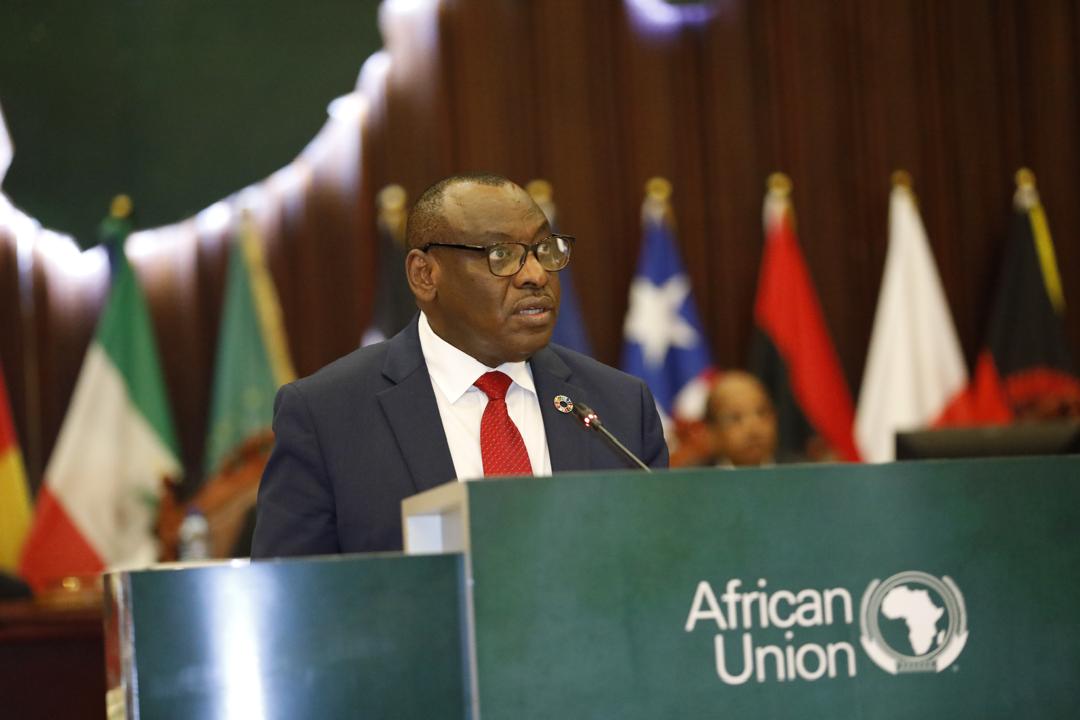Ressources
7th MYCM Media Visa on Arrival Request Form
Agenda 2063 is Africa’s development blueprint to achieve inclusive and sustainable socio-economic development over a 50-year period.
AFRICA’S DEVELOPMENT
D Y N A M I C S
INFRASTRUCTURE, GROWTH AND TRANSFORMATION
OVERVIEW
In line with the Africa Regional Strategy for Disaster Risk Reduction
November 2017









